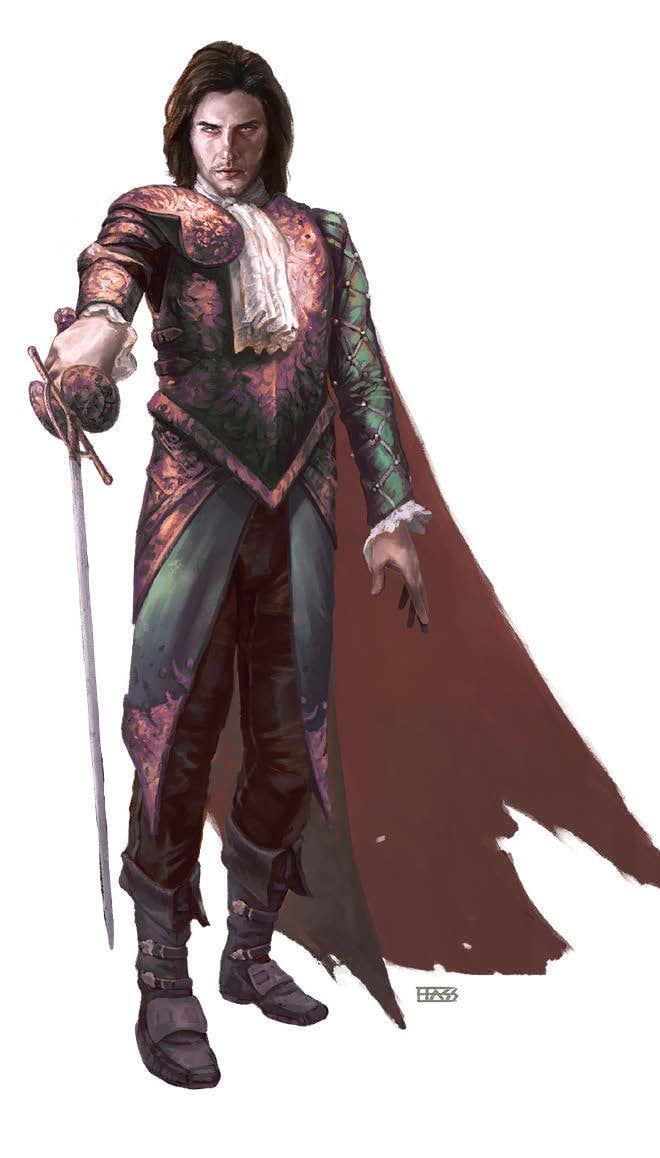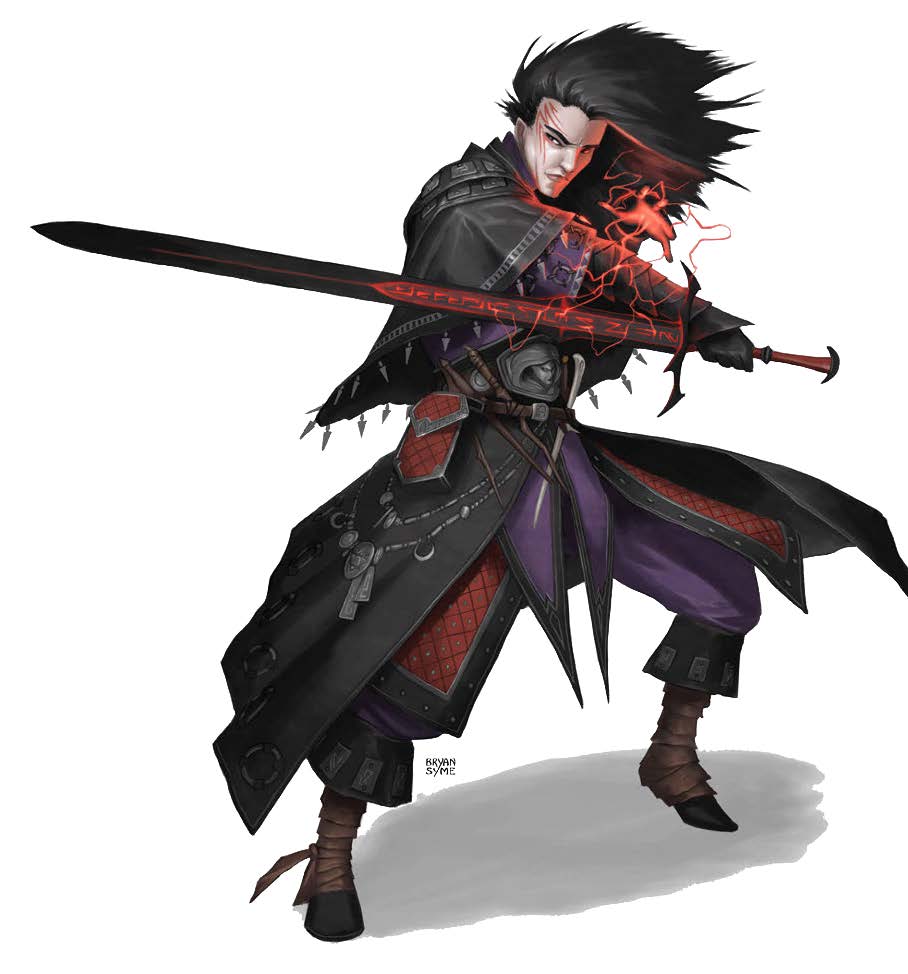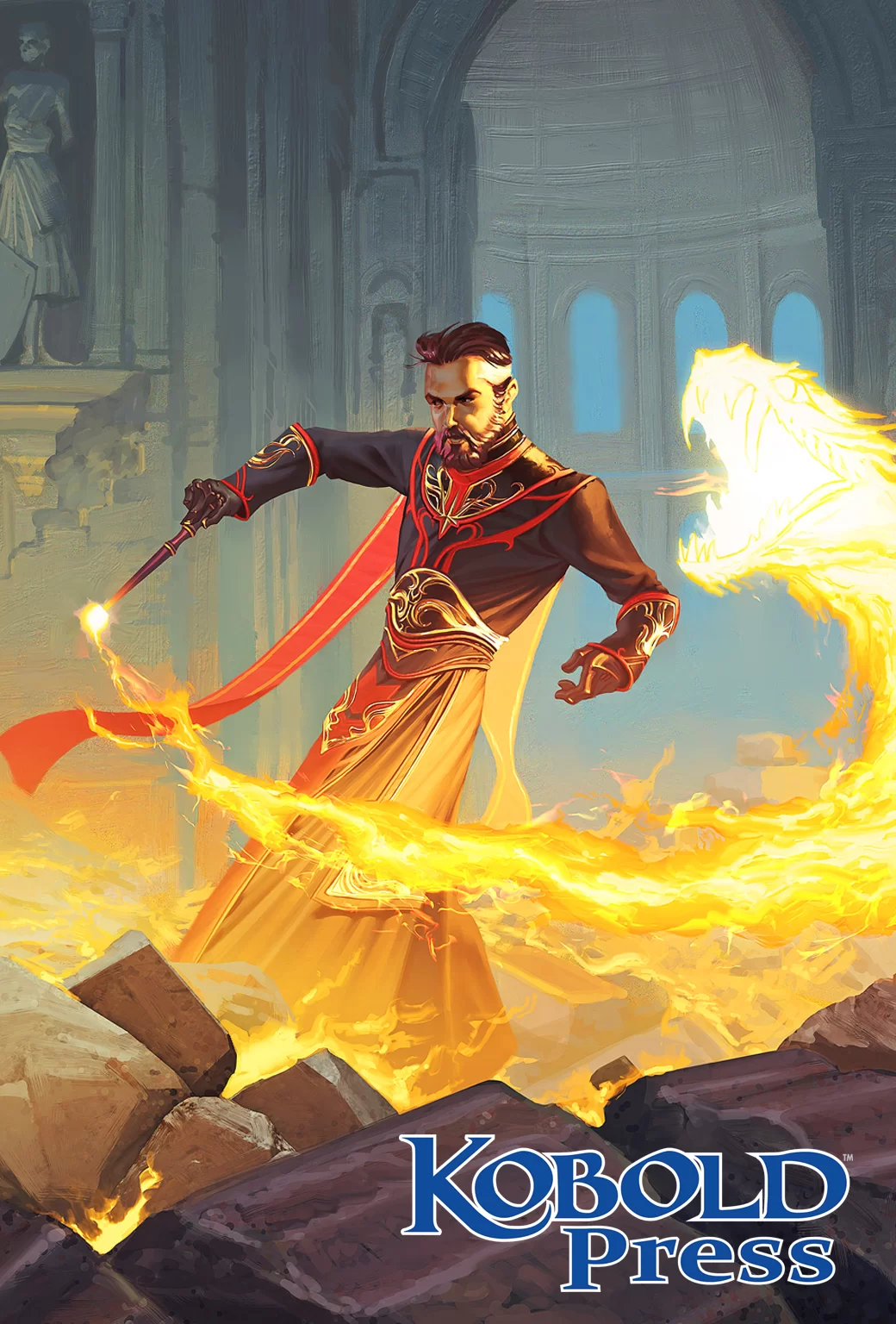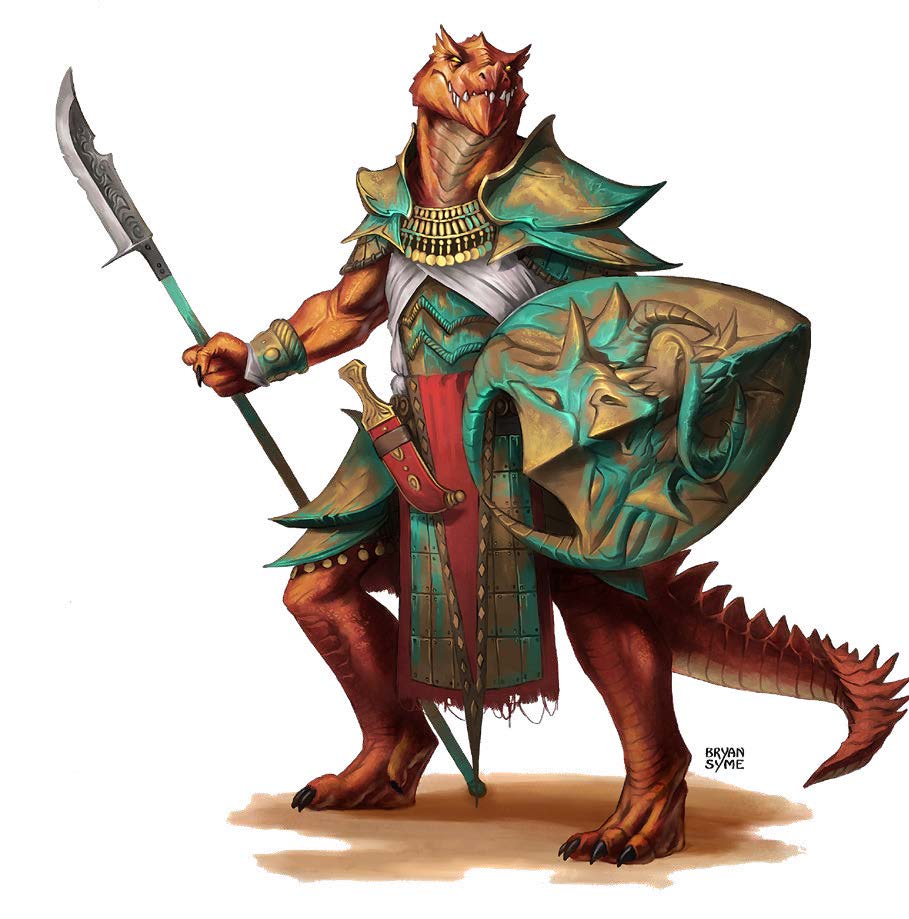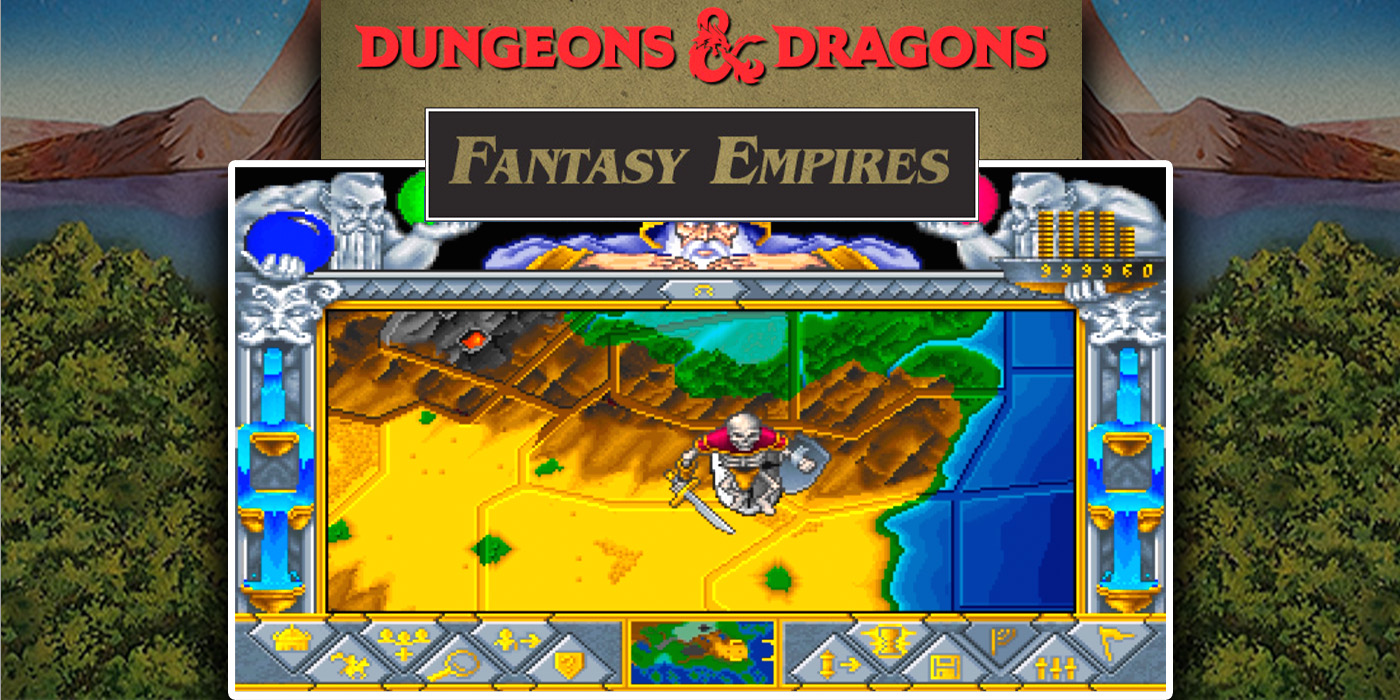‘D&D: Project Black Flag’s Talents Highlight Magic vs. Martial Imbalance
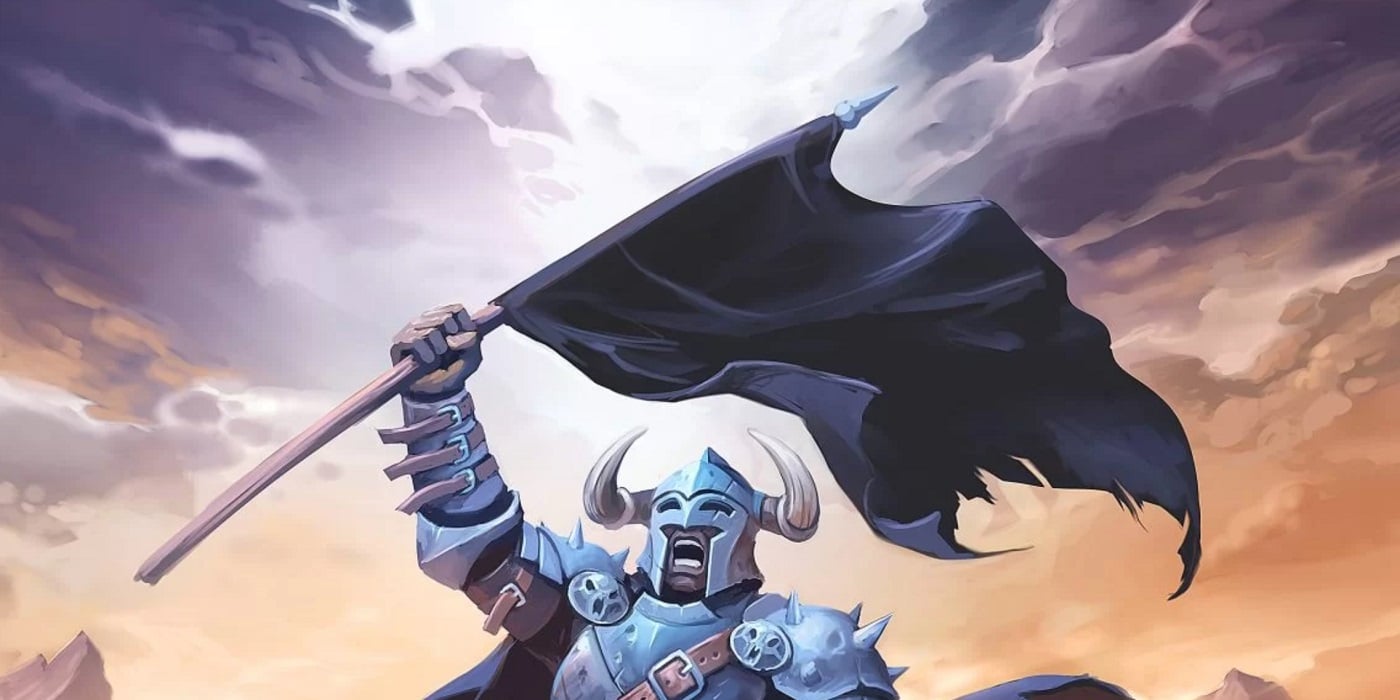
Magic vs. martials is a long-running debate in D&D. And Project Black Flag’s talents help illustrate the gap between the two.
When it comes to D&D there are a few arguments that the community has been having since the beginning. Do we have to do what the DM says? Do we accept dice that roll onto the floor? Is the DM expected to chip in for pizza?
And when it comes to the rules, there’s one argument that overshadows almost all the others: how fair is it that Wizards eventually can reshape reality while Fighters can maybe attack a few extra times? Look back at any edition and you’ll find people fighting over it.
In earlier days it was a little easier, since actually making it to those higher levels was no easy feat. D&D was especially lethal to the 1d4-hit-point-having Wizards of 1st and 2nd editions. But when 3rd Edition made people a little more survivable, and 5th Edition made Wizards better able to be Fighters than Fighters, the argument raged on.
And it continues. It’s at the heart of systems like Level Up: Advanced 5th Edition and D&D: 4th Edition. Even Kobold Press’s Project Black Flag understands the argument. There are new Talents for characters, which are a bit like feats, but stronger. Only when it comes to Magic Talents vs. Martial Talents, there’s no question about which is better. Black Flag‘s talents highlight the disparity. See for yourself.
Project Black Flag Talents – Martial vs. Magic
In the 2nd playtest packet for Project Black Flag, talents were tucked away just after the new classes. We’ve talked a bit about the Fighter and Wizard and their respective subclasses. But now, let’s look at the Black Flag Talents. For it’s here that we get an idea of the disparity.
First things first, Talents are a bit like feats. They’re discrete improvements an adventurer picks up over the course of their career. They cover about the same mental space, though mechanically they’re a bit broader.
Magic Talents strengthen your spellcasting abilities. And across the two playtest packets, we’ve seen some of what they can do:
Mental Fortitude talent lets you reroll a failed Int, Wis, or Cha save once per long rest, which is okay but then it also lets you try to shrug off a magical or spell effect by making a save at the end of each of your turns, even if the spell you’re affected by wouldn’t normally let you.
Combat Casting lets you auto-succeed on Concentration checks, as well as casting a cantrip in place of your typical opportunity attack or when a hostile creature enters within 5 feet of your space. Which is like Sentinel but better because you can cast spells. And not even at the target!
While School Specialization not only raises your save DCs it increases your attack bonus.
In comparison, Martial Talents let you do things like:
- Ignore the loading property of weapons you’re proficient with
- Make unarmed strikes that deal 1d6 damage but are, otherwise, worse than just hitting things with a sword
- Gain some more hit points.
Granted, these are just the playtest packets. But from Playtest #1 to Playtest #2, Kobold seems to be very clear: magic is the clear standout way to go.
And so the debate continues, but how would you solve martial vs. magic?

